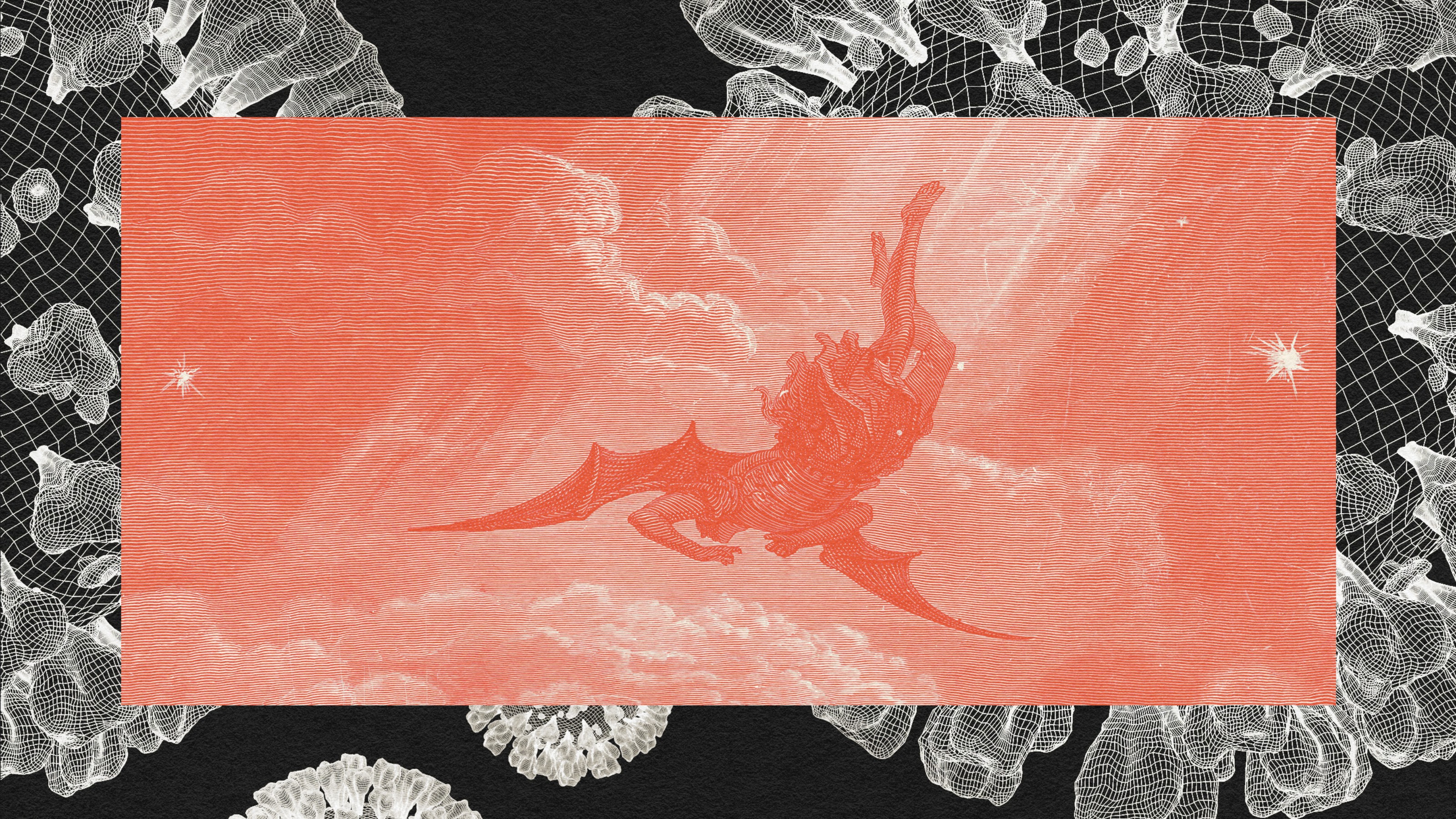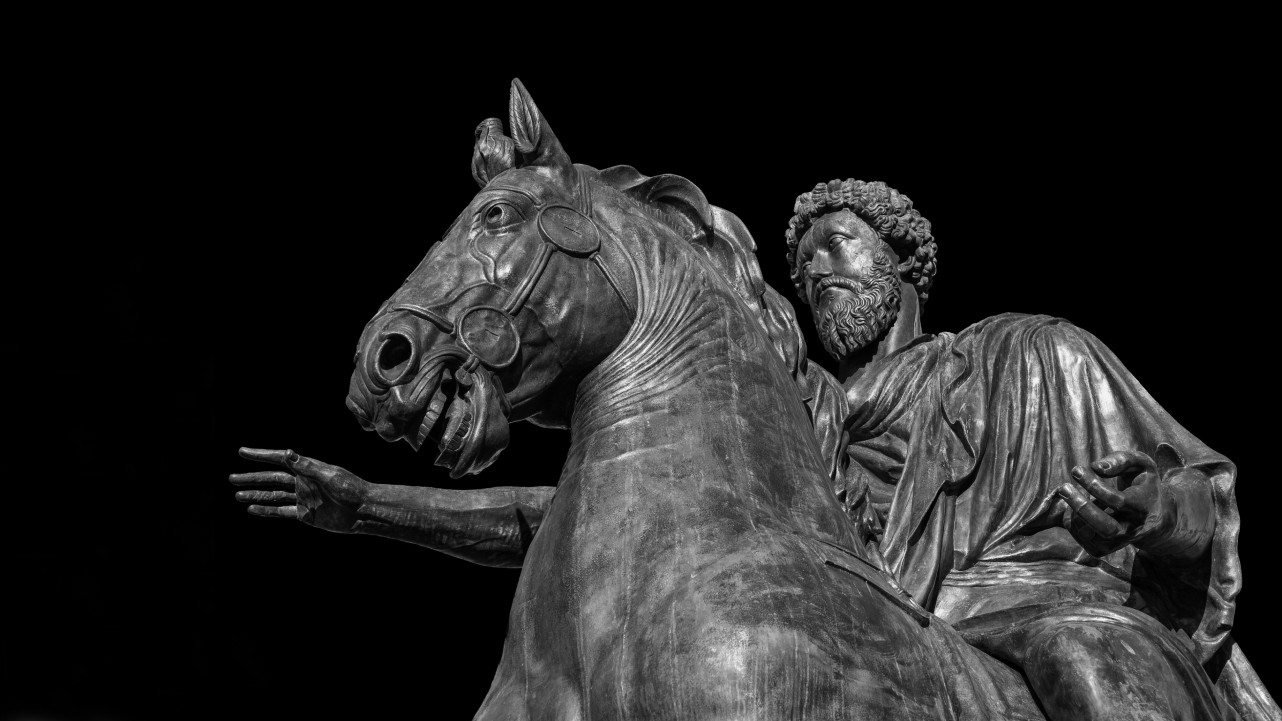AAAS Panel: Communicating Science in a Religious America

For scienceblogs.com readers who have never been to an annual meeting of the American Association for the Advancement of Science, you are missing out on the world’s greatest discussion of research and new ideas. In particular, I find that the meetings feature a one-of-a-kind forum for discussion of science and society issues, ranging from policy matters to public engagement. This year’s meetings are in Boston, February 14-18. If the registration seems a bit pricey, believe me, it is well worth it to attend, plus you can build into the cost a year subscription to Science magazine.
At this year’s conference, I have organized a panel that addresses the science and religion nexus and the relationship to public engagement. Titled Communicating Science in a Religious America, the panel features Brown University biologist Ken Miller, Vatican astronomer Brother Guy Consolmagno, William & Mary anthropologist Barbara King, Kansas science standards chair Steve Case, and University of Wisconsin communication researcher Dietram Scheufele. The panel is moderated by David Goldston, former chief of staff for the House science committee, now a lecturer at Princeton’s Woodrow Wilson School and a columnist for Nature magazine.
As part of the panel, I will be presenting on the topic of “The New Atheism and the Public Image of Science,” a first paper based on a research project I am currently working on here at American University with the help of two graduate students.
Below is the synopsis for the full panel. It’s scheduled for Sunday, Feb. 17 at 145pm:
Over the coming decades, as society faces major collective choices on issues such as climate change, biomedical research, and nanotechnology, scientists and their organizations will need to work together with religious communities in order to formulate effective policies and to resolve disputes. A major challenge for scientists will be to craft communication efforts that are sensitive to how religiously diverse publics process messages, but also to the way science is portrayed across types of media. In these efforts, scientists must adopt a language that emphasizes shared values and has broad appeal, avoiding the pitfall of seeming to condescend to fellow citizens, or alienating them by attacking their religious beliefs.
Part of this process includes “framing” an issue in ways that remain true to the science, but that make the issue more personally meaningful, thereby potentially sparking greater interest or acceptance. With these themes in mind, the proposed panel combines the insights of scientists who have been successful at engaging religious publics with the findings of researchers on how media messages and opinion-leaders shape the perspectives of citizens. The panelists draw upon their experience working across the issues of evolution, climate change, stem cell research, and nanotechnology.




